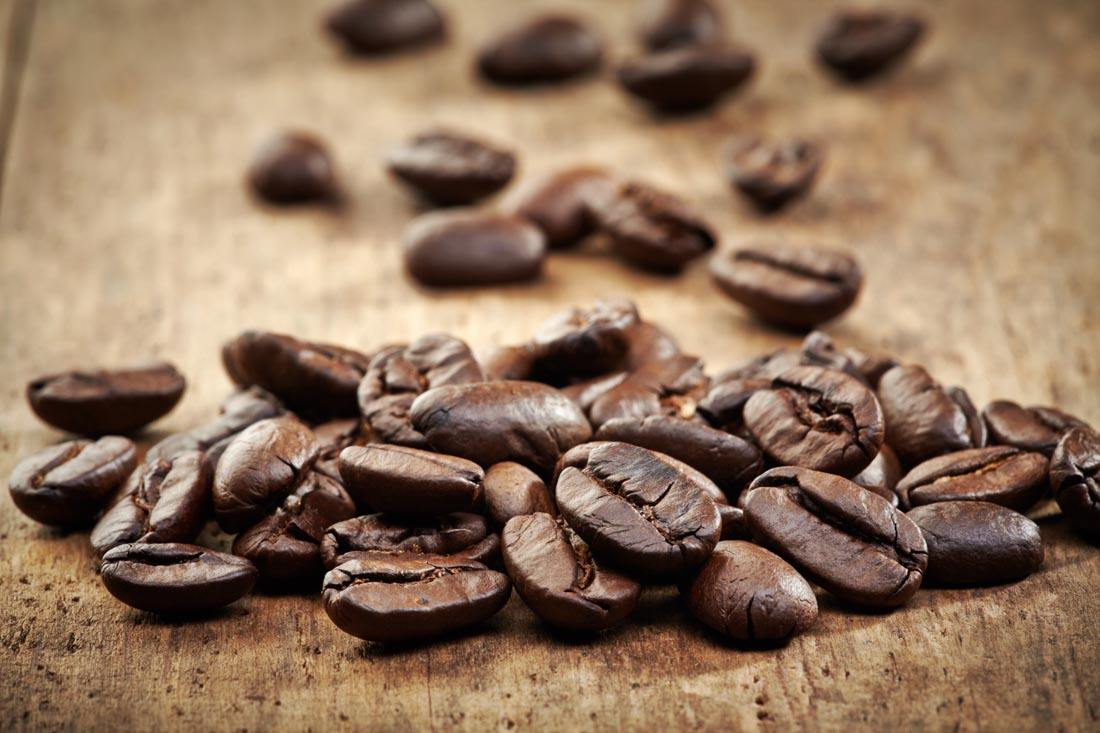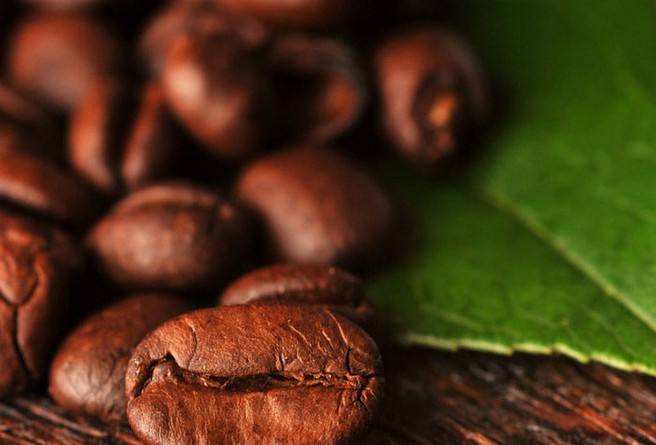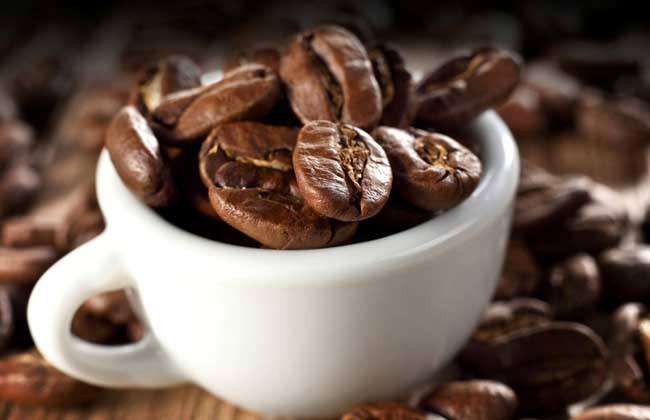Is the coffee in Tanzania good? introduction to the coffee in Tanzania
Pay attention to coffee reviews (Weixin Official Accounts vdailycom ) and find a beautiful cafe to open your own shop
Characteristics of Tanzanian Coffee:
Flavor: rich and refreshing, acidity lower than Kenya coffee, pure flavor, aroma overflowing
Recommended baking method: medium baking

After drinking Tanzanian coffee, you will always feel a soft and mellow earthy taste at the corner of your mouth. Coffee gourmets often use words such as "wild" or "wild" to describe it. It can be said that pure Tanzanian coffee is "the most African coffee".
Usually its acidity is mild, after eating evenly stimulate the middle and both sides of the tongue taste buds, feel a bit like tomato or soda acid. After moderate or moderate baking, there is a strong aroma, and then ground into fine powder, add boiling water on a pot, call friends around to taste, suddenly feel fragrant overflowing, mouth fluid.
Tanzania's coffee exports occupy an important position in the overall national economy. In the past, Tanzania's coffee industry has been dominated by plantation cultivation, but now more than 85% is cultivated by smallholders. Many small farmers form cooperative organizations, the most important of which is the Kilimanjaro Cooperative Union (KNCU). Tanzanian coffee is sold at auction by the Tanzanian Coffee Marketing Board (TCMB) to private exporters. In the 1980s, most coffee sales in Tanzania shifted from auctions to direct sales to the Tanzania Coffee Marketing Board.
This has changed, and the coffee industry is being reformed to allow individuals or groups to buy coffee in the future, and coffee will be graded in different ways to attract buyers from Germany, Finland, the Netherlands, Belgium and Japan.
Tanzanian coffee is a premium brand coffee that has received a lot of attention recently. In fact, Tanzanian coffee has long been loved by Europeans and ranks among the famous brands. Europeans give Tanzania coffee the nickname "coffee gentleman", Chinese coffee connoisseurs will it and "coffee king" blue mountain,"coffee lady" mocha and called "coffee three swordsmen".
Tanzanian coffee beans are of exceptional quality. Most coffee is grown on small-scale farms, producing coffee mainly for export. Although the aroma of coffee is not much different from Kenya, a neighboring coffee producing country, the production technology or green bean processing equipment is far behind Kenya. Tan produced in the vicinity of Mount Kilimanjaro, 1800 meters above sea level mountain area is the most suitable area for coffee cultivation, thanks to the volcanic ash cover and snow irrigation, giving the coffee here a strong texture and soft acidity. It exudes delicate aromas, with wine and fruit aromas, which make people taste endless.
Characteristics of Tanzanian Coffee:
Flavor: rich and refreshing, acidity lower than Kenya coffee, pure flavor, aroma overflowing
Recommended baking method: medium baking
After drinking Tanzanian coffee, you will always feel a soft and mellow earthy taste at the corner of your mouth. Coffee gourmets often use words such as "wild" or "wild" to describe it. It can be said that pure Tanzanian coffee is "the most African coffee".
Usually its acidity is mild, after eating evenly stimulate the middle and both sides of the tongue taste buds, feel a bit like tomato or soda acid. After moderate or moderate baking, there is a strong aroma, and then ground into fine powder, add boiling water on a pot, call friends around to taste, suddenly feel fragrant overflowing, mouth fluid.
Tanzania's coffee exports occupy an important position in the overall national economy. In the past, Tanzania's coffee industry has been dominated by plantation cultivation, but now more than 85% is cultivated by smallholders. Many small farmers form cooperative organizations, the most important of which is the Kilimanjaro Cooperative Union (KNCU). Tanzanian coffee is sold at auction by the Tanzanian Coffee Marketing Board (TCMB) to private exporters. In the 1980s, most coffee sales in Tanzania shifted from auctions to direct sales to the Tanzania Coffee Marketing Board.
This has changed, and the coffee industry is being reformed to allow individuals or groups to buy coffee in the future, and coffee will be graded in different ways to attract buyers from Germany, Finland, the Netherlands, Belgium and Japan.
Important Notice :
前街咖啡 FrontStreet Coffee has moved to new addredd:
FrontStreet Coffee Address: 315,Donghua East Road,GuangZhou
Tel:020 38364473
- Prev

Tanzania coffee flavor, Tanzania coffee bean introduction
Following Cafe (vdailycom on Wechat official account) found that due to political instability and rampant diseases and insect pests, the coffee industry in Tanzania has been destroyed, leading to a decline in the overall level and instability of coffee quality, which in turn lead to lower prices, which are usually the result of a further decline in the coffee industry. What's more worth mentioning.
- Next

What do you mean, cat shit, coffee beans? is Kopi Luwak good?
Follow the caf é (Wechat official account vdailycom) found that the beautiful cafe opened its own shop Kopi Luwak, which is made from the droppings of Indonesian coconut cats (a kind of civet), so it is called Kopi Luwak. This kind of animal mainly feeds on coffee beans. After fermentation in the coconut cat's stomach, it destroys the protein and produces short peptides and more free amino acids, the bitter taste of coffee.
Related
- Detailed explanation of Jadeite planting Land in Panamanian Jadeite Manor introduction to the grading system of Jadeite competitive bidding, Red bid, Green bid and Rose Summer
- Story of Coffee planting in Brenka region of Costa Rica Stonehenge Manor anaerobic heavy honey treatment of flavor mouth
- What's on the barrel of Blue Mountain Coffee beans?
- Can American coffee also pull flowers? How to use hot American style to pull out a good-looking pattern?
- Can you make a cold extract with coffee beans? What is the right proportion for cold-extracted coffee formula?
- Indonesian PWN Gold Mandrine Coffee Origin Features Flavor How to Chong? Mandolin coffee is American.
- A brief introduction to the flavor characteristics of Brazilian yellow bourbon coffee beans
- What is the effect of different water quality on the flavor of cold-extracted coffee? What kind of water is best for brewing coffee?
- Why do you think of Rose Summer whenever you mention Panamanian coffee?
- Introduction to the characteristics of authentic blue mountain coffee bean producing areas? What is the CIB Coffee Authority in Jamaica?

